Small-scale fishers world wide were on the agenda this week when General Secretary of the World Forum of Fisher Peoples, Naseegh Jaffer represented the WFFP at the UN Committee on World Food Security (CFS).
The WFFP’s statement read to the plenary session of the UN Committee on World Food Security argues that “the strategically important contribution of small scale fisheries and aquaculture to sustaining food security and nutrition has not been afforded the attention it deserves, given that this sector provides over 60% of the fish destined for direct human consumption, and employs most of the workers in the sector.” It argues that this could significantly be addressed if the imbalances of power in the the food system and the fishery value chain are addressed.
Furthermore, the WFFP stressed there are many threats to the small scale fishery sector and that “we are faced with a worryingly rapid and poorly regulated increase in aquaculture production…” and added that there is “increasing competition for aquatic and terrestrial spaces from other interests, including energy production, oil and gas exploration and extraction, mass tourism, and real estate speculation.”
The statement highlights the strength of the The Voluntary Guidelines on Securing Sustainable Small-scale Fisheries in improving food security world wide. but stresses that this requires adequate implementation. Read: CS representatives speak up at the side event on Implementation of the SSF Guidelines for more.
The 41st Session of the UN Committee on food security highlights two main topics:
1. Fisheries and Aquaculture for Food Security and
2. Food Losses & Waste in the Context of Sustainable Food Systems
An important document published ahead of the event is the High Level Panel of Experts on Food Security and Nutrition (HLPE) as well as a draft set of policy recommendations prepared by a multi-stakeholder team. Interactive sessions will result in the drafting of policy recommendations which will be presented to the plenary.The CFS meets annually to take stock of progress on reducing food insecurity in the world, and to map out key policy objectives over the course of the year. The CFS reports to the Economic and Social Council of the United Nations (ECOSOC).
The WFFP welcomed the initiative of the FAO Committee on Food Security to organize a policy round table on “Sustainable Fisheries and Aquaculture for food security and nutrition”, and commended the HLPE report.
Prior to CSF civil society representatives met at the Civil Society Mechanism (CSM) to reflect and prepare their positions on issues to be discussed at the CFS which is currently underway. The CSM was an opportunity for civil society movements to come together as one voice united on issues of to influence agriculture, food security and nutrition policies and actions – nationally, regionally and globally. To find out more read Civil Society ready to speak as one voice at World Committee on Food Security. And watch this short video clip showing the spirit of the event.
Reflecting on the success of CSM Naseegh Jaffer states that “The first crucial thing is that we are together as social movements from across the world. I think that is an achievement within itself. And the second achievement for me is that we are able to speak with one voice and make that representative within the CSF.”
For more info read The Committee on World Food Security 5 years later: an assessment by civil society
CSF is taking place at the FAO in Rome Italy 13 – 18 October 2014.


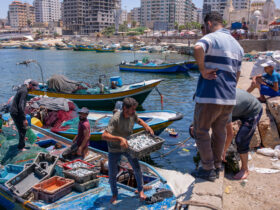

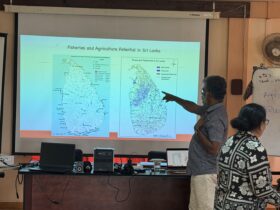
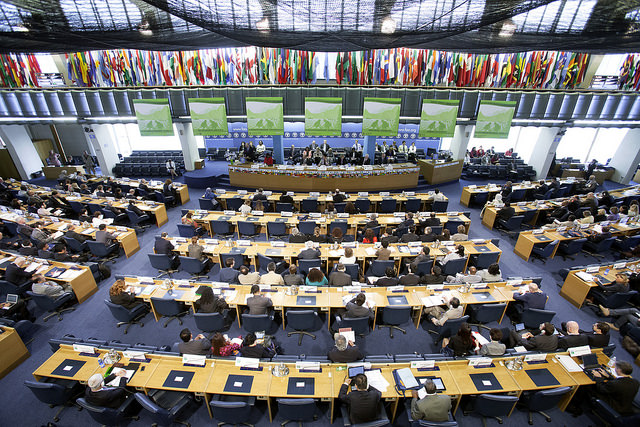
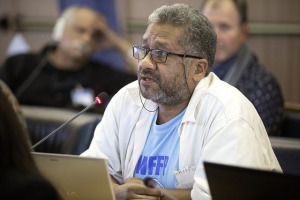
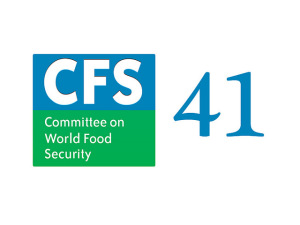
Leave a Reply